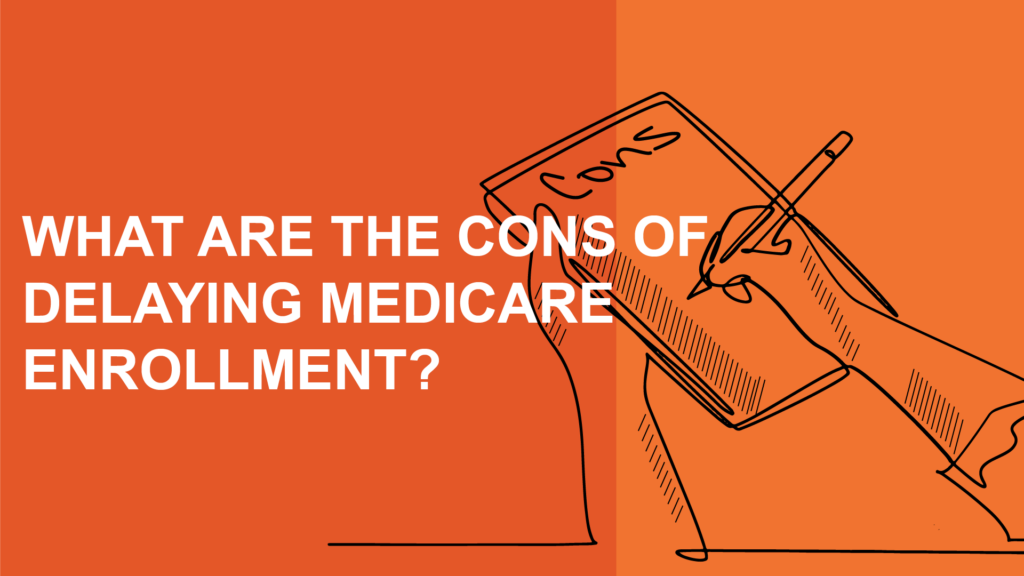It may be tempting to hold off on enrolling in Medicare, but once you understand the costs involved in delaying your coverage, you will think twice about setting yourself up for penalties.
Part A Penalty
Some people, who have worked and paid Medicare taxes for fewer than 40 calendar quarters, will find that they pay at least $278 every month for Part A. That would certainly be a significant con to enrolling. Unfortunately, waiting to sign up can come back to bite you.
When you delay enrolling in Part A, Medicare will add 10% to your monthly premiums for twice as many years as you went without enrolling after you became eligible. Those premiums are expensive enough that the bigger con would be choosing to delay.
For most beneficiaries, it makes far more sense to sign up for Medicare Part A as soon as you become eligible. People who qualify due to a disability, have been receiving Social Security benefits for at least four months before they turn 65, have worked or whose spouse has worked and paid Medicare taxes for at least 10 years, will find that $0 premiums are nothing to get worked up about. If you qualify for premium-free Part A, sign up as soon as you become eligible to avoid complications.
Part B Penalty
Everyone pays Part B premiums, though some people who make more money will pay more with Medicare’s income adjustment amount. It may seem much more of a burden to sign up for Medicare Part B, because the unavoidable cost makes it that much less enticing. In some cases, it may be perfectly fine to delay enrolling in Medicare Part B.
Medicare has what are called Special Enrollment Periods. You may be nearing age 65 and your Medicare eligibility but still be happily employed and receiving group health insurance through yours or a spouse’s employment. You may be able to safely delay enrolling in Part B until you are no longer employed or your coverage ends, whichever is sooner. Losing coverage is a qualifying event, and in this situation the newly retired person has eight months to enroll in Medicare coverage without a late enrollment penalty.
The Part B penalty adds 10% for each 12 months you wait to enroll in coverage, and it lasts for the lifetime of your Part B coverage.
Part D Penalty
You may be perfectly healthy and take no regular medications when you become eligible for Medicare. That’s great! Odds are, though, you might end up needing regular medication as you age. You might save your wallet for a few years, but that time adds up quickly when you do sign up and Medicare calculates your penalty.
The Medicare Part D late enrollment penalty multiplies the number of months you went without creditable drug coverage times 1% of the base Part D premium, and adds this to your Part D plan premium. This lasts as long as you have Part D coverage, even if you switch plans.
You can avoid the Part D penalty by signing up for prescription drug coverage as soon as you are eligible. Alternatively, you can sign up as soon as you lose other creditable drug coverage, such as employer group health insurance. Keep any documentation to prove that you held creditable drug coverage.


